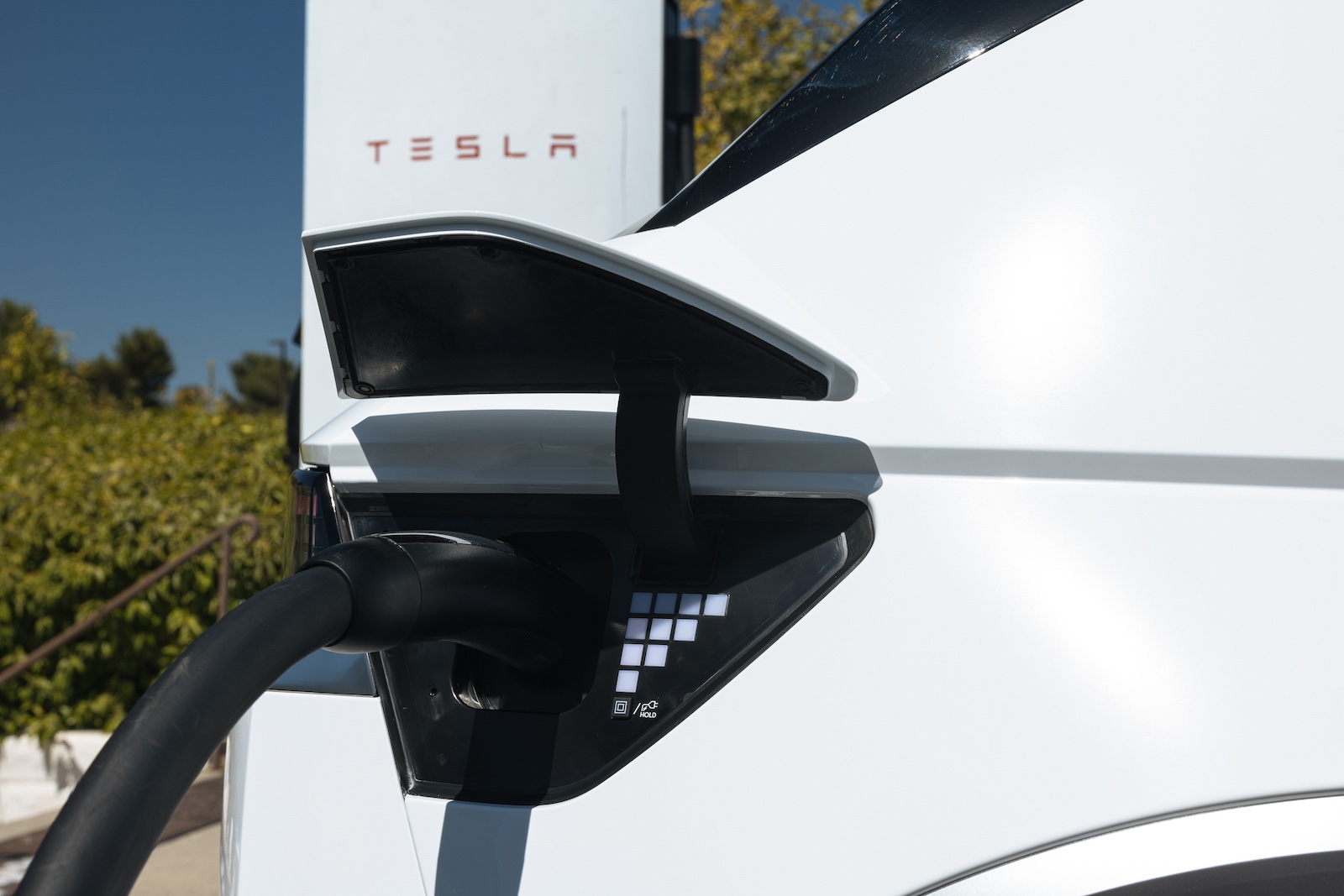In its recently announced third quarter 2023 results, Imperial Oil revealed that it has now completed its autonomous haulage program with all 81 of its Caterpillar 363 t class 797F heavy haul trucks now fully converted to autonomous operation.
CEO Brad Corson stated: “With this, we now operate the largest autonomous fleet in our industry and one of the largest autonomous mining fleets in the world, which enables us to capture improvements in truck productivity, further enhance our safe operating environment, and also reduce operating costs. I’m very proud of what we have achieved to date with this program, and we continue to look at other potential opportunities to expand our autonomous concept to other areas of our mine fleet. This program reflects our commitment to safety, technology and innovation and becoming the lowest cost operator.”
The fleet is also making real contributions to production successes at Kearl. The mine’s production in the third quarter averaged 295,000 barrels per day gross, which was up 78,000 barrels per day versus the second quarter and up 24,000 barrels per day from the third quarter of last year. Corson: “I’m excited to highlight that this represents another production record and the best ever quarterly performance at Kearl, surpassing the previous record, which was set in the fourth quarter of 2020 by 11,000 barrels per day gross, and there’s more. Kearl has also set a number of other production records in the quarter, including the highest ever single month production of 322,000 barrels per day in September.”
In the Q&A he added: “We have been working on this now for several years, and to finally complete all of the conversion of the trucks allows us to really make a step change and all of those kind of beneficiary components that have been driving us. I mean, things around truck productivity, things around unit operating costs. And of course, there is this broader safety benefit that comes with it.”
Overall the higher production at Kearl was primarily driven by improved reliability as a result of the successful rollout of a winterisation strategy, the absence of extreme cold weather, increased plant capacity utilisation, and mine equipment productivity. On winterisation, this has included adding another shovel in the mine that has stronger capability in the colder temperatures, and ability to dig through the frozen ore. Kearl is also trialling grizzly bars on top of one of the crushers to better handle frozen lumps during the winter months.
The company said it has looked to minimise any headcount reduction as part of the autonomous haulage program. Simon Younger, SVP, Upstream: “As we have autonomised the truck over years that there has been a headcount reduction, we have also, as Brad said, redeployed a number of truck drivers onto other mining equipment. Some of them have gone into the autonomous control room and are now delivering value that way.”
Younger added that it is already well into a remote control dozer trial focused on its tailings area and is seeing promising results.
When Imperial Oil made the decision to implement autonomous haulage at its Kearl operation in the oil sands, the company pulled together a team of experts from Imperial, Finning and Caterpillar to apply the technology.
Finning has previously pointed out that Kearl was the first application of Cat MineStar Command for hauling in the oil sands, in a remote northern location with unpredictable weather and ground conditions. And it was the first time Command for hauling was used on a Cat 797F.
The team utilised a combination of the MineStar suite of software including Fleet which is the dispatch system, Terrain which is the loading and grading system, and Command, which allows the truck to haul autonomously.
”We had to leverage the expertise of Caterpillar and Finning and Imperial Oil and we had to come together as one team, I think that’s why we are successful,” says Mansoor Hussain, Autonomous Project Manager for Imperial Oil. “You can assemble the world’s smartest people and they won’t be able to accomplish what we have if they’re not working together as one team. We’ve broken down the barriers between the different companies. It doesn’t matter if you’re an Imperial person, a Caterpillar person or a Finning person, you have the right to speak up, you have the right to call out things that aren’t safe, you have the right to be emboldened to come up with new ideas, new ways of doing things and I think that’s what made us successful, that one team approach.”



